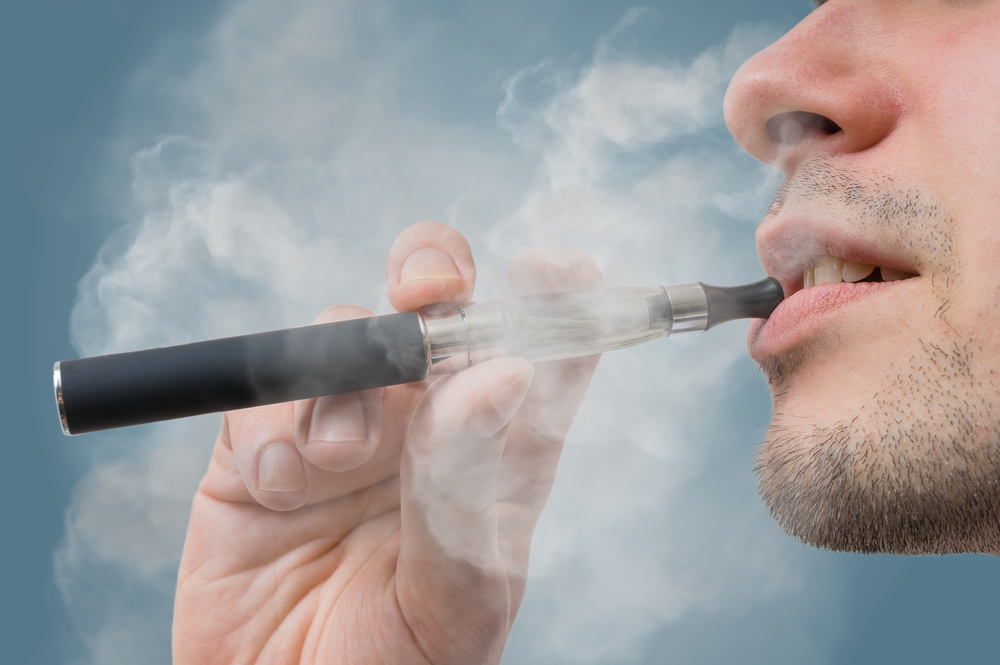Here are some important things that you can find useful if you decide to consume cannabis. Below are information on legalisation, potential health implications of cannabis, and ways to lower the risks if you decide to use it.
What is cannabis?
Cannabis, sometimes referred to as marijuana, ganja, reefer, pot herb, is a plant-based medication. It comprises the short- and long-term effects of THC (tetrahydrocannabinol) and CBD (cannabidiol). Cannabis especially west coast cannabis is used for a variety of purposes. A doctor or medical practitioner may also prescribe it as a medical treatment. It’s crucial to take cannabis exactly as prescribed, just like you would with any other drug.
How is cannabis consumed?
There are many ways to consume cannabis:
- Smoke or vape (often with very instantaneous effect)
- Mixed into food (edibles), beverages, or pills (effects may not kick in for several hours).
How does using cannabis affect your mood?
Cannabis use can have a range of medical, mental, emotional, and social impacts, particularly for those under 25. Everybody’s response to it is unique.
The amount of each molecule and how your body responds to it will determine the symptoms you might have after smoking cannabis.
Generally speaking, cannabis users feel relaxed and lightened when consuming cannabis products.
Additionally, the way that cannabis is ingested can affect its effects. It takes longer to experience the benefits of cannabis (edibles), for instance, so if you decide to use it, it’s important to pay attention to how much you’re taking.
Mental effects:
You can experience increased anxiety or relaxation. You might have hallucinations, delusions, paranoia, fear, and changes in your thinking or decision-making skills while it remains in your body. Read more here about how long cannabis stays in your system.
Effects on emotions:
You could experience happiness, euphoria, or a “high.” Your social interactions may also be affected; for example, you can be more gregarious or outgoing or more reserved or serious.
You can experience no emotions at all or numbness. Again, it’s a very individual experience.
Physical effects:
- you can experience hunger, drowsiness, or agitation.
- After consuming cannabis, you might experience less physical pain.
- You can have red eyes, body tremors, or an elevated heart rate.
- You might also experience an increase in your senses, including sight, sound, touch, taste, and smell.
Your experience with cannabis could be influenced by the following factors:
- medical history, genetics, and family history
- The frequency of your usage
- How you interpret it
- The type or types you take, the amount you take, and the THC/CBD levels
Frequently using cannabis or combining it with alcohol or other drugs might intensify its effects. To be safe, it’s critical to understand what you’re taking and how much of it.
What impacts does cannabis have over time?
The individual, how often they use, and when they first started using will all affect the long-term impacts. The danger of long-term consequences is increased when cannabis is used before the age of 18.
Research indicates that frequent cannabis use before the age of 25 may have an impact on brain development. This could result in long-term issues with perception, memory, and focus.
It might influence how you think and make choices in a number of areas of your life, such as relationships, school, and leisure activities.
Is it legal to use cannabis in Canada?
On October 17, 2018, recreational cannabis use was legalised in Canada. Cannabis usage is governed by rules similar to those governing alcohol and tobacco (i.e., there are restrictions on the legal age and location of consumption).
Is it safe to drive after using cannabis?
It is against the law in Canada to drive after smoking or using cannabis. It is categorised as driving while intoxicated and has the same penalties as drunk driving. You risk a fine or criminal charges if you operate a vehicle while under the influence of cannabis or other drugs. Cannabis can impair your attention span, reaction time, and distance perception in little doses, even if you don’t feel it.







